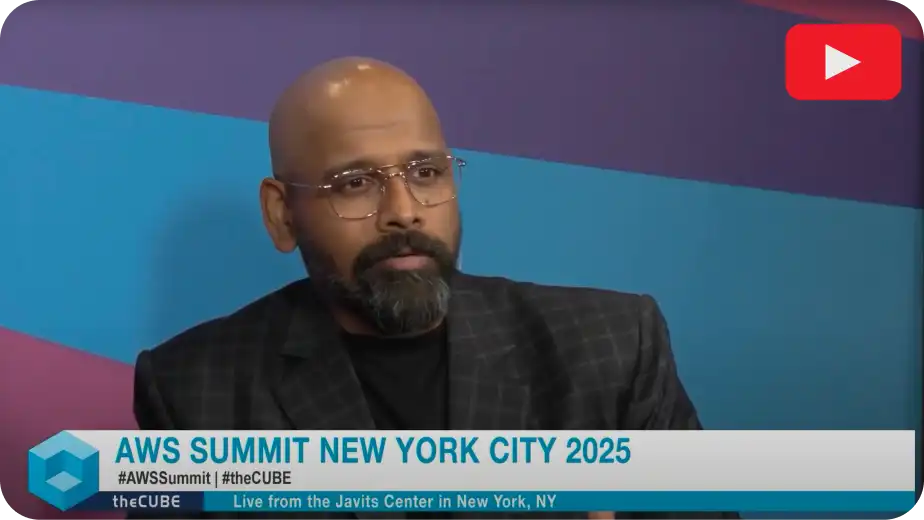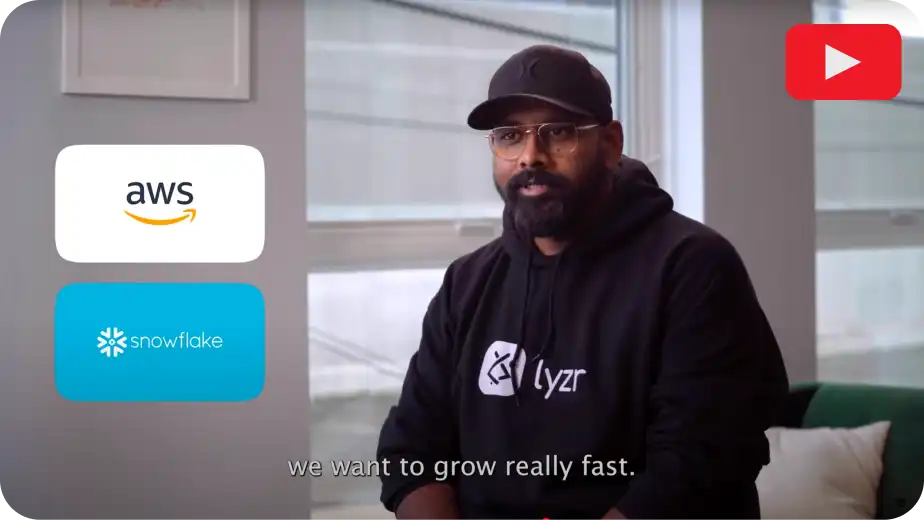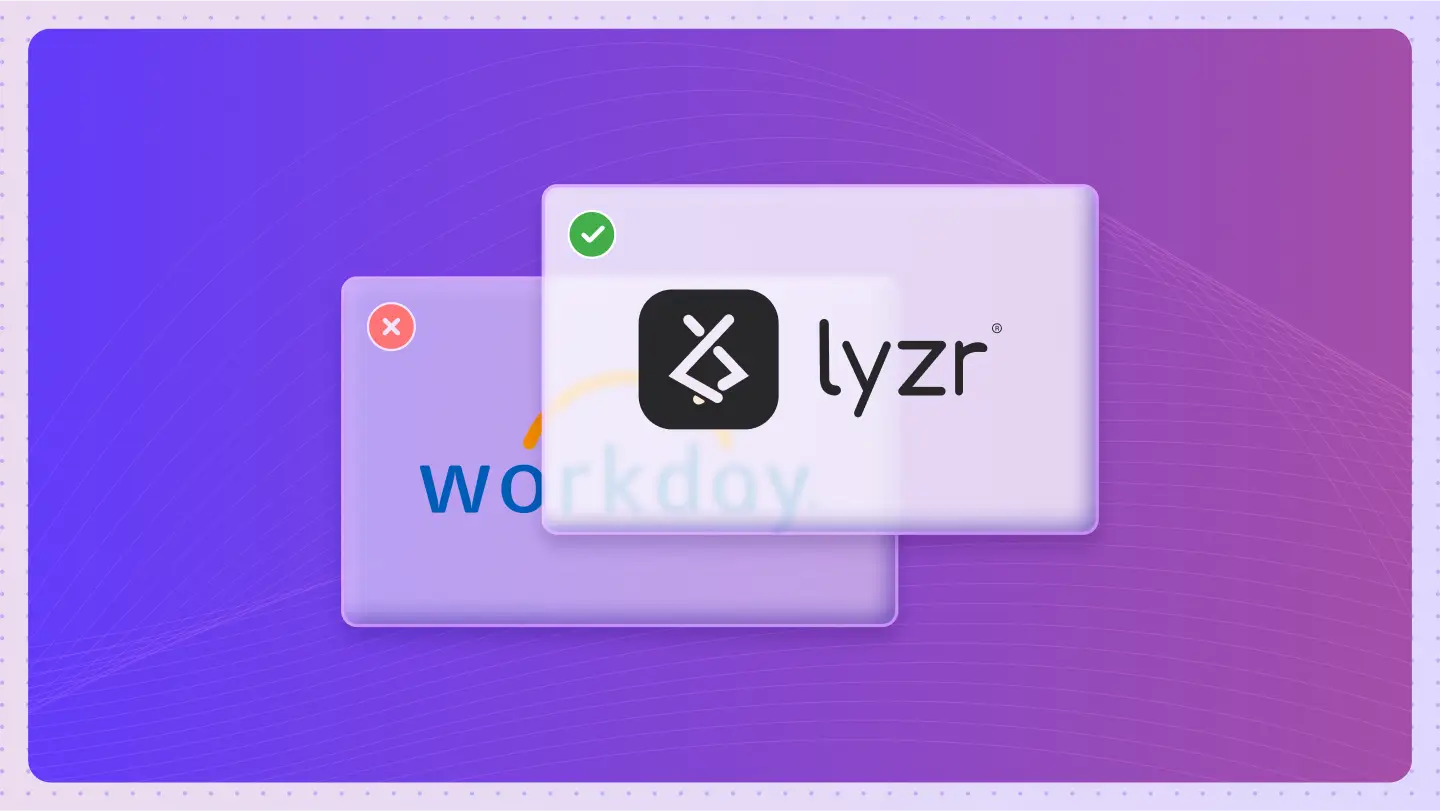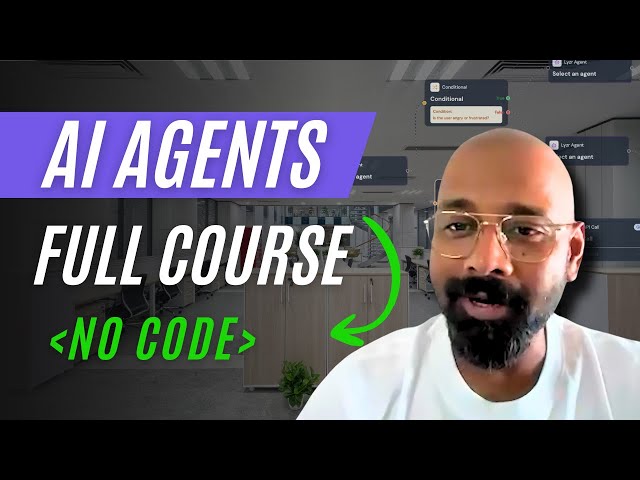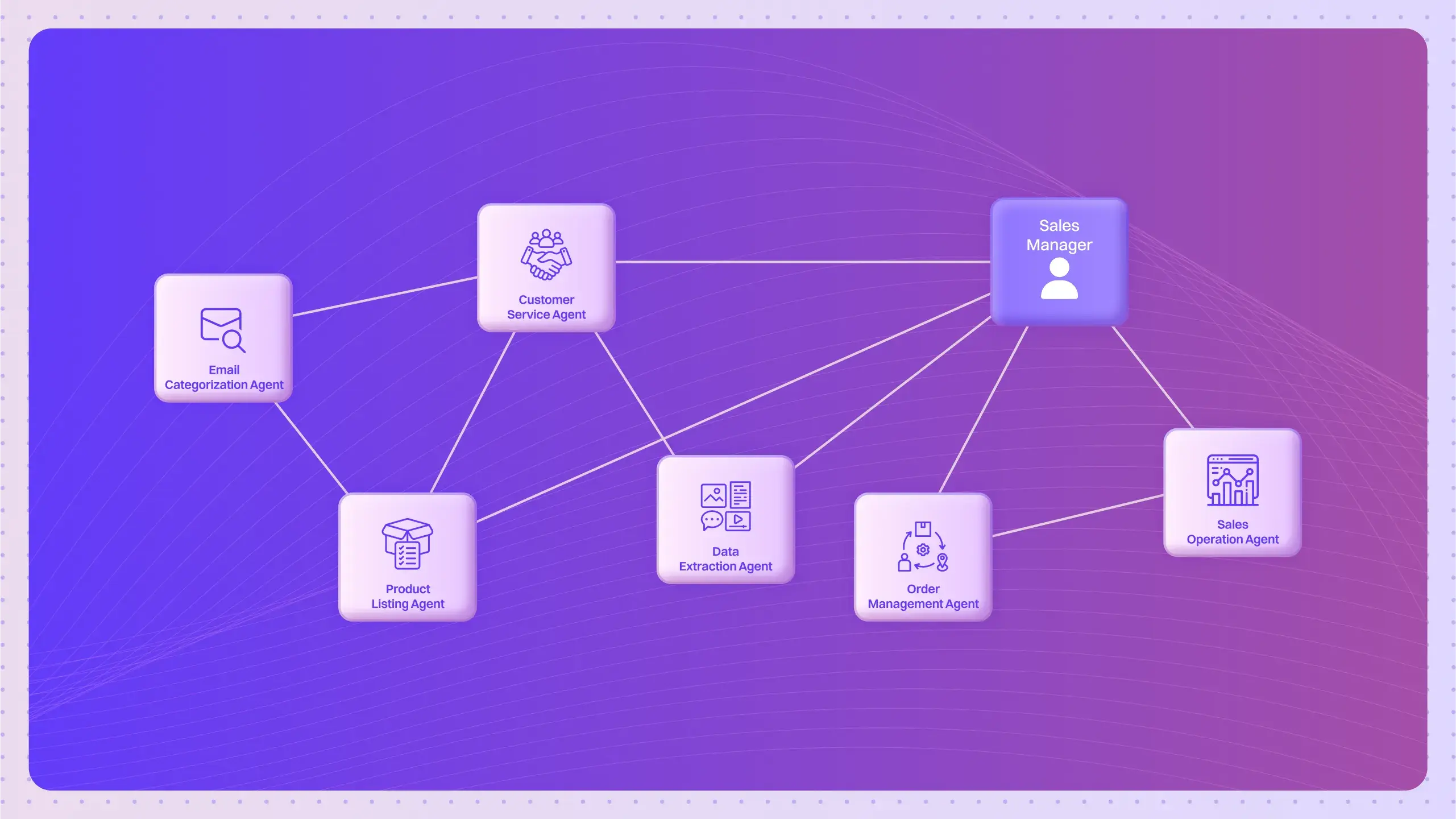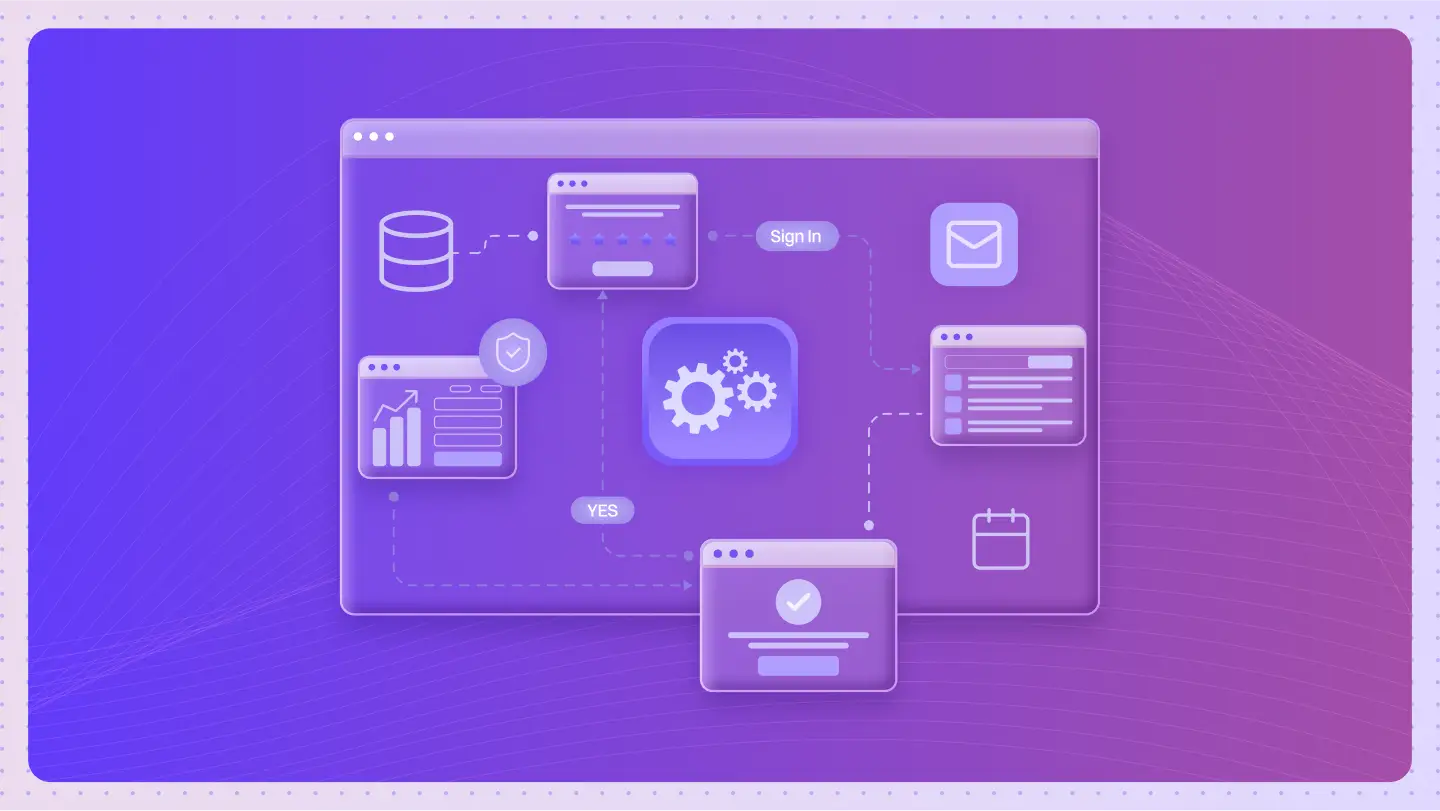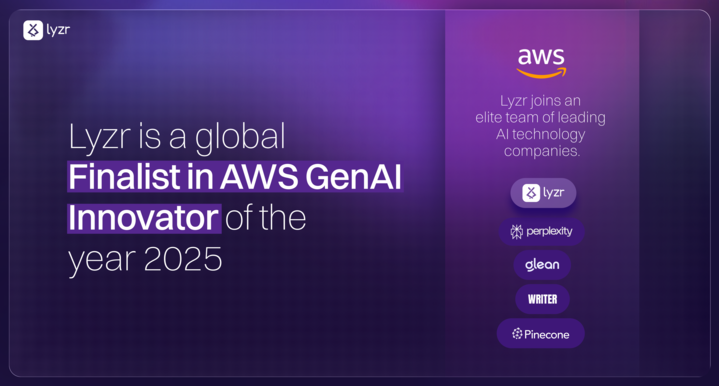A single AI, no matter how powerful, is a genius working in a vacuum. To solve the world’s truly massive problems, you need a team.
A Multi-Agent Framework is a structured system where multiple AI agents with different skills and roles collaborate to solve complex problems more effectively than a single agent could alone, using coordinated communication and shared resources.
Think of it like a specialized surgical team in an operating room. You don’t have one doctor doing everything. You have a lead surgeon, an anesthesiologist, surgical nurses, and specialists. Each team member has distinct expertise and responsibilities. They communicate constantly, coordinating seamlessly toward the common goal of a successful operation.
This isn’t just a different way to build AI. It’s a shift from creating a single, monolithic intelligence to architecting an entire digital society, capable of tackling complexity that would overwhelm any lone agent.
What is a multi-agent framework in AI?
It’s an environment designed for AI teamwork. Instead of relying on one AI to handle all tasks, a multi-agent framework distributes responsibilities. It’s like a company having different departments. You have a marketing department, a finance department, and an engineering department. You don’t expect one employee to do everything.
This is fundamentally different from traditional AI systems. A standard model operates in isolation with predefined inputs and outputs. A multi-agent framework creates a dynamic ecosystem. Agents can negotiate, compete, or collaborate. The solution often emerges from their interactions, rather than being calculated by a single mind.
How do multi-agent frameworks enable agent collaboration?
Through structured communication and coordination protocols. Agents need a shared “language” to understand each other. This isn’t just about sending data back and forth. It’s about conveying intent, status, and requests in a way that avoids ambiguity.
These frameworks provide the digital infrastructure for this.
- They establish communication channels.
- They define message formats.
- They provide directories so agents can find each other and understand their capabilities.
- They often include a “world model” or shared environment that all agents can perceive and act upon.
What are the key benefits of multi-agent systems?
The advantages go far beyond simply dividing up work.
- Specialization: You can build highly optimized agents that are experts at a single task, whether it’s data analysis, creative writing, or code generation.
- Scalability: If a problem gets bigger, you can add more agents to the system.
- Robustness: If one agent fails, the system can adapt. Other agents might take over its responsibilities, making the entire framework more resilient.
- Parallelism: Multiple agents can tackle different parts of a complex problem simultaneously, dramatically speeding up the solution time.
What architectures are commonly used in multi-agent frameworks?
The structure of the team is critical. There isn’t a single “best” architecture; it depends on the problem.
A Hierarchical or Centralized architecture is like a traditional company structure. A “manager” agent receives a problem, breaks it down, and assigns sub-tasks to specialized “worker” agents. This provides clear control and coordination but can create a bottleneck if the manager agent is overwhelmed.
A Decentralized or Peer-to-Peer architecture is more like a startup. Agents are equals. They communicate directly, negotiate roles, and collaborate organically. This is highly flexible and robust, but achieving effective coordination can be much more challenging.
What challenges exist in designing effective multi-agent systems?
Building a team of AIs is as hard as building a team of humans. The main hurdles are:
- Coordination: How do you ensure agents work together toward a common goal instead of pulling in different directions?
- Communication: Designing a language that is both efficient and expressive enough for complex negotiation.
- Conflict Resolution: What happens when two agents want the same resource, or have conflicting plans? The framework needs a way to mediate disputes.
- Credit Assignment: If the team succeeds, how do you know which agent’s contribution was most valuable? This is crucial for learning and improving the system over time.
How do multi-agent systems handle resource allocation and conflicts?
They use mechanisms inspired by economics and social structures.
- Market-Based: Agents can “bid” on tasks or resources. The agent that can do it most efficiently or for the lowest “cost” wins the job.
- Voting: Agents can vote on a course of action when a consensus is needed.
- Negotiation Protocols: Agents engage in structured back-and-forth bargaining to reach a mutually agreeable outcome.
In hierarchical systems, a coordinator or manager agent might simply act as the arbiter, assigning resources and resolving conflicts directly.
What real-world problems are multi-agent frameworks solving today?
This technology is already out of the lab and in production.
- Waymo uses massive multi-agent simulations. Thousands of autonomous vehicle agents and simulated pedestrian agents interact to test rare and dangerous driving scenarios safely.
- Salesforce’s Einstein Copilot is a multi-agent system. Specialized agents for sales, marketing, and service collaborate to handle complex business workflows that cross departmental boundaries.
- OpenAI has explored multi-agent debate systems. Different AI agents are assigned to argue opposing sides of a complex question, helping to surface biases and explore a topic with more nuance than a single model could achieve.
What technical mechanisms enable rational decision-making in agents?
The core isn’t just simple if-then rules. It’s about creating agents that can reason. A key approach is the Belief-Desire-Intention (BDI) Architecture. This is a cognitive framework that gives agents a mental state.
- Beliefs: What the agent holds to be true about the world.
- Desires: The goals the agent wants to achieve.
- Intentions: The plans the agent has committed to executing.
This allows agents to make rational, goal-directed decisions in complex and changing environments.
Another critical mechanism is the use of Message Passing Interfaces (MPIs). These are the formal rules of conversation, the structured protocols that allow agents to exchange information, requests, and plans without misunderstanding each other.
Quick Test: Design Your Team
Imagine you need to create a multi-agent system to manage a city’s emergency response to a natural disaster. What specialized agents would you create? How would they need to communicate to coordinate the evacuation, resource deployment, and public announcements effectively?
Going Deeper: The Nuances of Agent Collaboration
How does emergent behavior manifest in multi-agent systems?
Emergent behavior is complex, system-level patterns arising from the simple interactions of many individual agents. For example, a flock of birds or a traffic jam are emergent behaviors. In AI, this can lead to surprisingly clever and efficient solutions that no single agent planned.
What coordination mechanisms prevent agent conflicts?
Beyond basic resource allocation, frameworks use social conventions like turn-taking, role assignments, and shared plans. Agents can also be trained with “utility functions” that reward collaborative behavior and penalize selfish actions.
How are agent responsibilities determined?
This can be pre-programmed by designers, or it can be dynamic. In more advanced systems, agents can use auction mechanisms or contract net protocols to bid for tasks based on their capabilities and current workload.
What communication protocols are most effective?
Standardized Agent Communication Languages (ACLs) like FIPA-ACL are common. They define the “grammar” of inter-agent messages, such as inform, query, request, or propose.
How do multi-agent frameworks balance agent autonomy with system-level goals?
This is a core design tension. Agents are given local goals and the freedom to pursue them, but the framework’s rules and incentive structures (rewards/penalties) are designed to ensure that selfishly optimal actions also contribute to the overall system’s objective.
What security concerns arise in distributed multi-agent systems?
If agents are distributed across a network, they can be vulnerable to attacks. A malicious agent could be introduced to disrupt coordination, or communication channels could be intercepted. Security requires robust authentication and encrypted communication.
How does agent specialization impact system performance?
High specialization leads to greater efficiency for specific tasks but can make the system brittle. If a critical specialist agent fails, the system may not be able to adapt. Redundancy (having multiple agents with the same skill) is a common solution.
What role does reinforcement learning play in training coordinated multi-agent systems?
Multi-Agent Reinforcement Learning (MARL) is a huge field. It’s used to train agents to learn collaborative policies directly from experience. Agents receive individual or team-based rewards, learning over time how their actions impact both themselves and the group.
How are multi-agent frameworks evaluated?
Evaluation is complex. You measure not just the final outcome but also the efficiency of the collaboration. Metrics include task completion time, resource utilization, communication overhead, and the system’s robustness to agent failure.
What recent breakthroughs have advanced multi-agent capabilities?
Advances in Large Language Models (LLMs) have enabled more sophisticated communication and reasoning. We’re seeing the rise of generative agents that can form relationships and complex social behaviors, creating more realistic and capable AI societies.
The future of complex problem-solving isn’t a bigger brain. It’s a better team.

